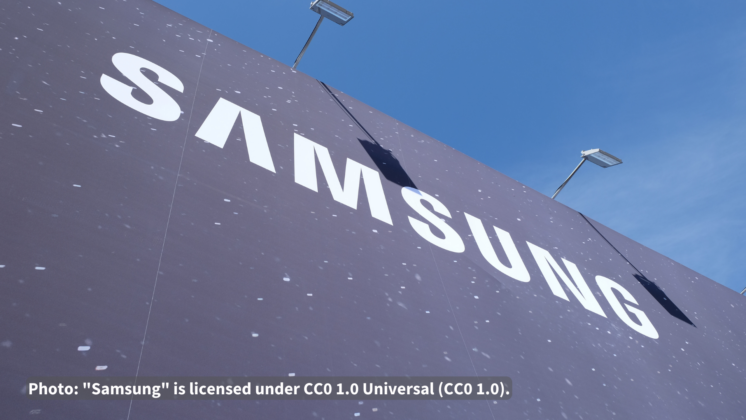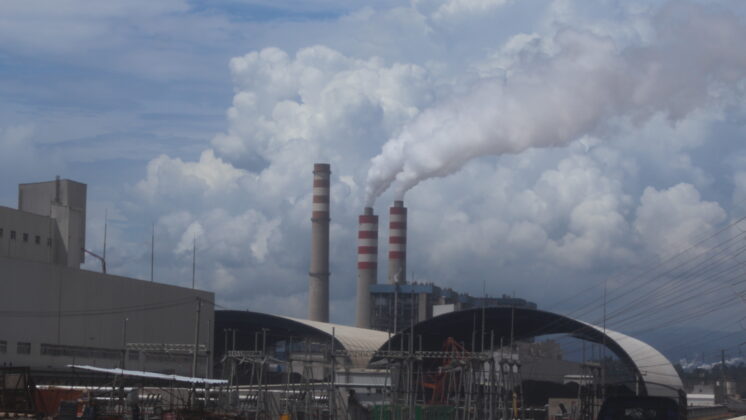On 11 September, the Democratic Republic of Congo announced a ban on mining in the eastern provinces of the DRC. The full consequences are yet difficult to predict. Stock trading will continue, but the price of cassiterite (tin) is already dropping. The Congolese army has engaged upon a military operation to enforce the ban. Electronics manufacturers are once more urged to take responsibility for the minerals used in their products.
On 11 September, it was announced that the Democratic Republic of Congo bans mining in eastern provinces. Congolese President Kabila said he wanted to weed out what he called a "kind of mafia" involved in the mining industry. The Mining Minister of North Kivu, D'Assise Masika, said Mr Kabila wanted to create better living conditions for local people and clear up the industry. Click herefor news article.
In a press release dated 13 September Global witness comments upon the announcec ban in a press release, suggesting that a new ban on mining in eastern Democratic Republic of Congo could provide breathing space for fundamental reforms to resolve conflict and instability in the mineral-rich area but protection of civilians must remain paramount in the weeks that follow, said campaign group Global Witness today. The ban should be followed by concrete measures that enable miners to work free from extortion and abuses by armed groups.
Global Witness is urging electronics manufacturers to take more responsibility for the minerals used in their products and ensure that they are not indirectly funding conflict. A recent law passed by the United States Congress will make it compulsory for U.S.-registered companies sourcing from Congo to state the measures they have taken to exclude conflict minerals from their supply chains.
In a blog post of 13 September, Jason Stearns is less optimistic.He writes that already, the price of cassiterite (tin) has reportedly dropped from $4,5/kg to $1/kg in the Bisie mine over the weekend. Mining sources are worried that the embargo could spark riots or general lawlessness in the areas around the mines. It is also likely that the embargo will encourage massive smuggling, which is often facilitated by military officers in Goma, Bukavu and across Lake Kivu. Of course, the ban will also diminish the profits of armed groups in the mineral trade, which, if managed correctly, could lead to increase rates of demobilization. You will notice however, that some commanders could make more money through smuggling while other stand to lose quite a bit.
September 14, news came out about the Congolese army launching military operations in the mining territories in eastern Congo, supposedly to enforce the ban on illegal mining.
13 October, makeITfair will issue a new report on eastern Congo.











